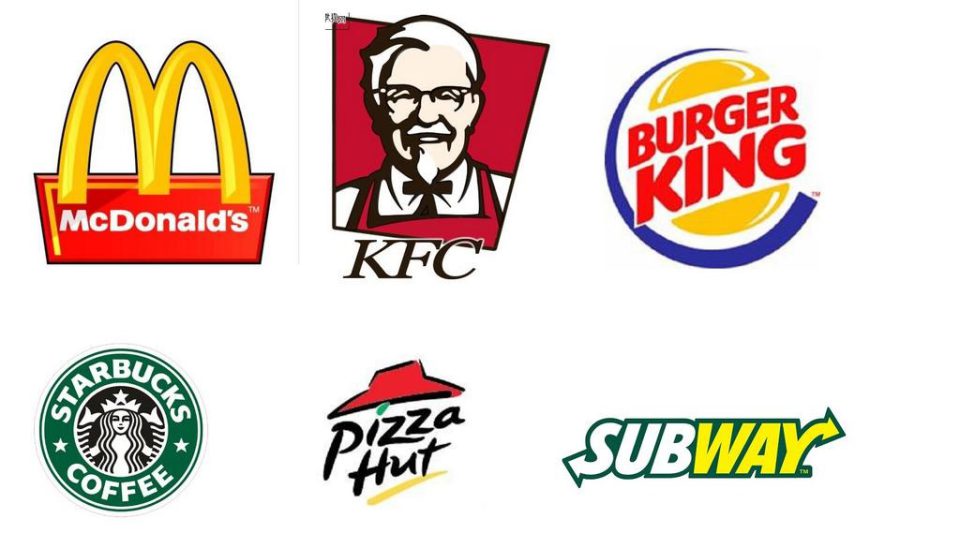In response to the ongoing conflict in Gaza, public outrage has led to boycotts of American consumer brands across the Arab world. McDonald’s and Starbucks branches in Lebanon have been targeted, and widespread consumer boycotts have been announced throughout the region. The boycotts are fueled by accusations of bias towards Israel, with McDonald’s Israeli franchise drawing particular criticism after it announced sending thousands of meals to Israeli soldiers. Social media platforms play a crucial role in organizing and promoting these boycotts, allowing activists to share information and rally support.
Other American brands facing boycotts include Burger King, Hardee’s, KFC, Pizza Hut, Papa John’s, and Domino’s. Arab consumers are using this economic pressure as a means of expressing solidarity with the Palestinians and protesting against perceived support for Israel.
The influence of social media cannot be overstated in promoting and organizing these boycotts, with platforms like Twitter, Snapchat, TikTok, and Instagram facilitating the dissemination of information about which companies to boycott and the reasons behind it. The effectiveness of these boycotts in bringing about political change remains a topic of debate, with some arguing for their limited impact, while proponents see them as a powerful expression of solidarity and resistance.
American franchises, particularly those associated with fast-food giants, face the brunt of these boycotts due to their widespread presence and symbolic association with Western influence. McDonald’s, in particular, has faced criticism for the actions of its Israeli franchise. However, it’s essential to note that the actions of individual franchise partners do not necessarily reflect the views of the entire company or its other branches.
The ongoing conflict in Gaza has reignited deep-rooted emotions in the region, leading to heightened sensitivity to corporate messaging. Global brands must navigate this delicate situation, considering their diverse consumer base and the potential impact of their actions on brand reputation. As the conflict continues, the debate over the efficacy and sustainability of such boycotts persists, with some seeing them as a temporary expression of solidarity and others as a long-term economic pressure tactic.

